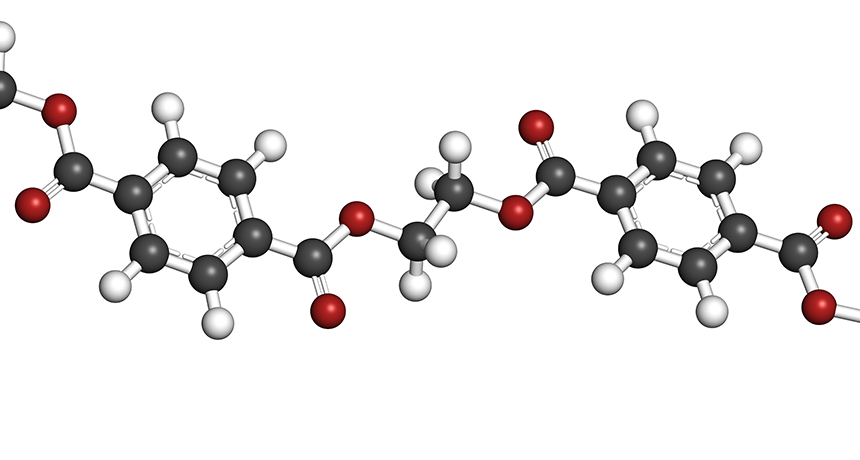Sustainable Polymers: Eco-Friendly Solutions for the Future
Sustainable Polymers: Eco-Friendly Solutions for the Future
Blog Article
Taking Advantage Of the Power of Polymers: Understanding the Considerable Uses and Positive Effects
Polymers, with their diverse chemical structures and properties, have ended up being vital in numerous sectors, revolutionizing the means we interact with materials every day. From the packaging that safeguards our food to the fibers that dress us, the applications of polymers are large and varied. Past their common visibility lies a much deeper understanding of their positive influences, reaching far past mere benefit. As we discover the considerable uses polymers and their duty in shaping an extra sustainable, efficient, and innovative future, it ends up being evident that their possibility is as vast as the particles themselves.
Flexibility in Everyday Products
Polymers exhibit impressive convenience in a broad variety of day-to-day products, demonstrating their vital duty in modern culture. From the adaptable plastic case of smartphones to the durable fibers in apparel, polymers have revolutionized the method we interact with items in our lives. Among one of the most common uses of polymers remains in product packaging products. Polyethylene, for instance, is extensively utilized in food product packaging as a result of its light-weight, sturdy, and moisture-resistant homes. Furthermore, polymers play an important duty in the automobile sector, where they are used in producing lightweight elements that boost gas efficiency.
Eco-friendly polymers are used in stitches and implants, decreasing the danger of negative reactions in patients. In the building and construction industry, polymers are integrated into paints, adhesives, and insulation materials, enhancing longevity and power performance.
Sustainability in Material Innovations
With the recurring emphasis on ecological awareness and resource efficiency, the emphasis moves in the direction of sustainability in material advancements, reflecting a growing dedication to liable production techniques across numerous industries. In recent times, there has been a remarkable rise in the development of lasting materials, specifically within the world of polymers. These ingenious materials are created to decrease environmental impact throughout their entire lifecycle-- from sourcing basic materials to disposal or recycling.
One considerable aspect of sustainability in product technologies is the idea of biodegradability. Eco-friendly polymers have amassed focus for their capacity to break down naturally into non-toxic by-products, decreasing waste and air pollution. Furthermore, using recycled polymers originated from post-consumer or post-industrial sources is getting traction as a way of advertising a round economy and minimizing dependence on virgin materials.

Enhancing Efficiency in Engineering
Enhancing performance in design needs a check over here meticulous combination of innovative innovations and accurate methodologies to optimize functionality and performance in different industrial applications. Polymers play a crucial function in this undertaking, providing a broad array of advantages that improve the efficiency of engineering materials and components.
One trick facet of boosting efficiency in engineering useful site is the capability of polymers to improve resilience and stamina. By integrating polymers into engineering layouts, makers can develop lightweight yet robust frameworks that can hold up against high degrees of tension and pressure. This characteristic is particularly valuable in sectors such as aerospace, automotive, and building, where the demand for solid yet light-weight materials is critical.
Moreover, polymers can additionally boost performance by offering thermal and chemical resistance, lowering rubbing, and boosting electrical conductivity. These residential properties make polymers suitable for a variety of engineering applications, consisting of seals, bearings, coverings, and digital parts. Polymers. By utilizing the unique residential properties of polymers, engineers can optimize the performance of their styles and produce much more efficient and trustworthy products
Influence On Clinical Developments
Polymers have actually played a vital function in contemporary medical improvements, ranging from drug distribution systems to cells engineering. One of the key locations where polymers have made a significant influence is in the growth of eco-friendly stitches and implants.
Furthermore, polymer-based materials are progressively being made use of in clinical tools such as catheters, stents, and prosthetics because of their biocompatibility and versatility. Polymer layers on clinical devices can stop infections and improve total patient end results - Polymers. In addition, innovations in nanomedicine have actually enabled the usage of polymer nanoparticles for targeted medication shipment, enhancing helpful site the effectiveness and reducing side effects of numerous medicines
Role in Environmental Preservation

Additionally, polymers are used in water treatment processes, assisting in the filtration and recycling of water resources. This assists in lowering water pollution and making certain accessibility to clean water for both human usage and ecological health. Polymers likewise play a duty in agriculture with the growth of naturally degradable mulches and controlled-release plant foods, advertising sustainable farming techniques.
Conclusion
In final thought, polymers have verified to be a versatile and important product in different sectors, from daily products to engineering and clinical improvements. Recognizing the extensive usages of polymers highlights their importance in driving technology and progression in multiple fields.
Report this page